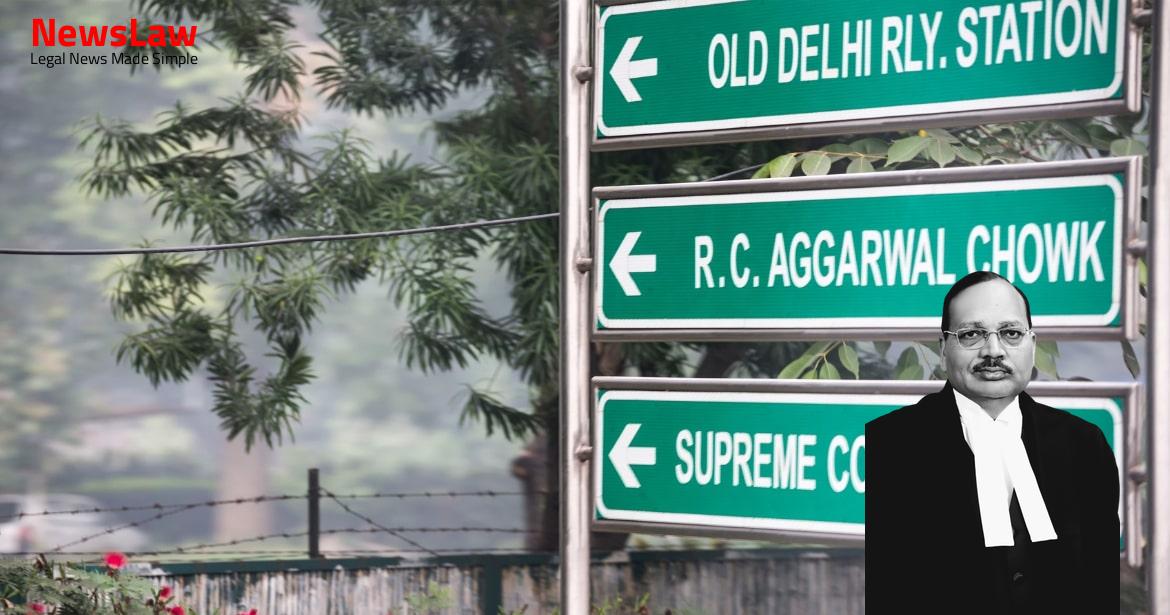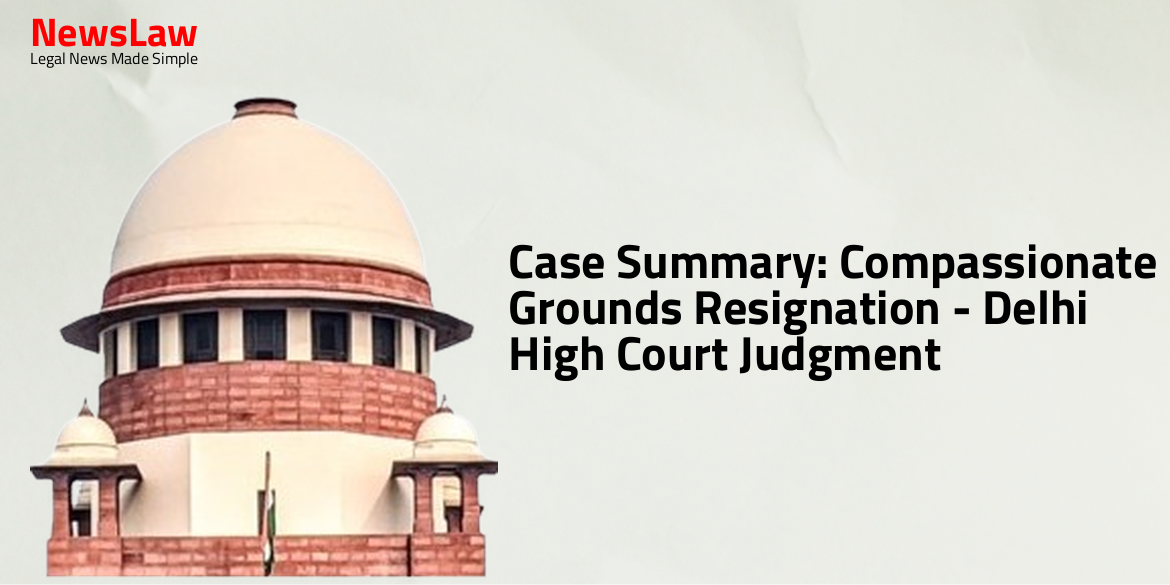The legal case of State v. Respondent revolves around the issue of truthfulness in disclosure during a job application process. The respondent, who applied for a Constable position in the State Police, failed to disclose his involvement in a criminal case. Despite the later quashing of the case through a party compromise, the High Court emphasized the significance of full disclosure in such scenarios. This case highlights the crucial role of honesty in application processes and its impact on maintaining law and order.
Facts
- The respondent applied for the post of a Constable on 29 October 2011 and was appointed on 14 December 2011.
- During verification, it was found that the respondent was involved in a criminal case.
- The respondent was called upon to explain why he submitted a false statement during the application process.
- The respondent was discharged from service on 26 July 2012 after filing a proceeding before the Odisha Administrative Tribunal.
- The Tribunal rejected the Original Application citing the false declaration provided by the respondent.
- Order of discharge from service on 26 July 2012 set aside by the High Court.
- High Court based its decision on the Avtar Singh case judgment.
- Tribunal did not consider that criminal proceedings had already been quashed.
- High Court considered the suppression to be of a technical and trivial nature.
- Criminal proceedings were quashed on the basis of a party compromise, dated 22 November 2013.
- Respondent surrendered before JMFC on 3 August 2009 and was released on bail.
- Bail granted in view of the High Court order in Application 10246 of 2009.
Also Read: Environmental Violations Case: TNPCB v. Copper Slag Unit
Analysis
- The case against the respondent is considered non-trivial.
- The respondent suppressed material facts regarding a criminal case while applying for a Constable position in the State Police.
- The criminal case was quashed later based on a compromise, but that does not justify the suppression of facts during the application process.
- The High Court’s decision was deemed unsustainable, and the Tribunal’s rejection of the application was justified.
- The appeal was allowed, setting aside the High Court’s judgment and ordering the dismissal of the respondent’s application.
- No costs were awarded.
- The position of a Constable involves responsibilities crucial for maintaining law and order and citizen liberty, making truthfulness in disclosure of antecedents a justifiable assessment criterion.
Also Read: High Court Upholds Decision on Minimum Eligibility Cut-Off in Judicial Promotions Case
Case Title: THE STATE OF ODISHA Vs. GOBINDA BEHERA (2020 INSC 119)
Case Number: C.A. No.-000893-000893 / 2020



